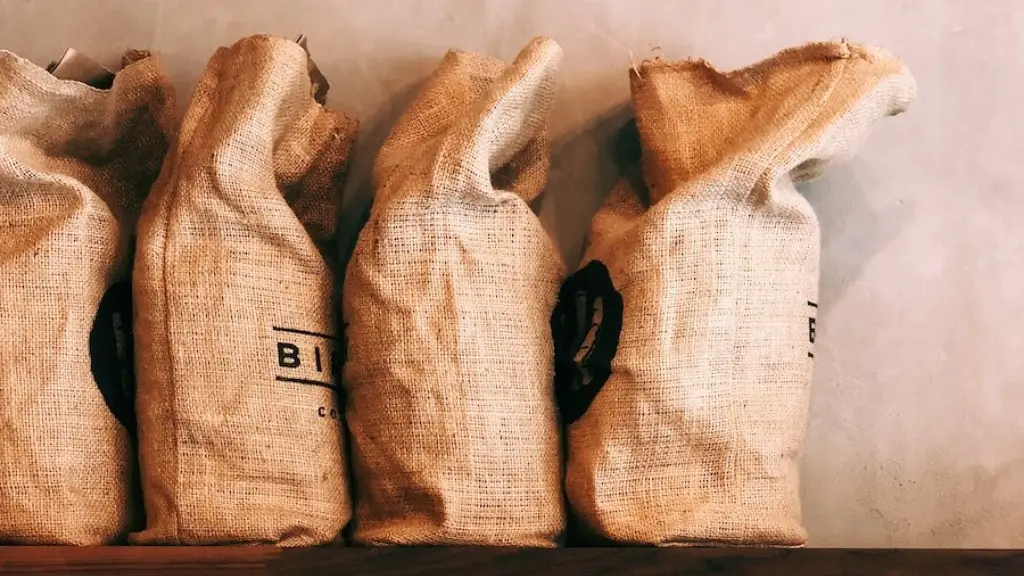Brewing The Perfect Cup of Lebanese Coffee
For coffee aficionados around the world, Lebanese coffee is renowned for its unique flavor and aroma. This specialized type of coffee, also known as Turkish coffee, is one of the oldest methods of coffee brewing in the world. Lebanese coffee has distinct variations in taste, depending on the proportion of coffee, water and sugar used to make it. Apart from the traditional Lebanese coffee market, the beverage has also become popular in high-end cafes and coffee bars. Learning how to make your own cup of Lebanese coffee can be rewarding, and the following guide will help you make the perfect cup every time.
First, start by grinding premium-quality coffee beans into a medium-fine powder. Most experienced coffee enthusiasts suggest that the Maragogype variety of Arabica beans is best suited for preparing the traditional Lebanese coffee. During the grinding process, try to keep the product as close to the consistency of table salt as possible. If the powder is too coarse, it won’t extract the full flavor of the coffee grounds.
Once the beans have been ground, you’ll need a sulphdiyeh pot (also known as raqwaq). This is a small coffee pot typically used for brewing traditional coffee varieties in the Arab world, and it plays an important role in preparing the perfect cup of coffee. Preferred by many coffee connoisseurs, the sulphdiyeh pot ensures even heat distribution and helps preserve the flavor of the coffee. You can get this pot in specialty stores located in many Middle Eastern cities.
When the coffee is ground and the pot is ready, you can add water to the pot. Regular tap water can be used, but you may consider adding distilled water if you want to achieve a superior flavor. Depending on how strong or sweet you like your coffee, you can add the desired amount of sugar. Don’t add too much, as it can overpower the flavor of the coffee grounds. If you have an electric stove, turn it on to medium heat and allow the water to reach a light boil. Then, slowly add the coffee grounds to the pot and give the brew a gentle stir.
Once the coffee is added to the pot, you will need to let it simmer for a few minutes. Reclaim your pot from the stove and allow the temperature to decrease for about two minutes. If you want to make the coffee smoother and eliminate any possible particles in the brew, use a sieve. When your cup is ready, pour it into small cups (capiances) to preserve the aromas and take advantage of the natural flavors of the Lebanese coffee.
The History of Lebanese Coffee
The tradition of drinking coffee in its special form dates back to 15th century Yemen, when it was known as the ‘black beverage’. From there, it spread to the Ottoman Empire thanks to Sufi traders, who were considered the first real coffee connoisseurs. Once it reached the alleys of Istanbul and the streets of Cairo, Lebanese coffee (who called it qahwa) became an integral part of the culture in many countries in the Levant and North Africa.
The presence of coffee in Lebanese culture developed from then on, and soon it was mainly consumed in elaborated ceremonies such as weddings, business meetings and other important events. Individuals would have their own custom-made kahwa cups, personalized with their name and made from different metals and materials like silver, steel and ceramic. According to some stories, Ottoman Sultan Abdul Hamid II (1876-1909) even requested a royal kahwa cup that was meticulously manufactured with gold and enamel.
The modern-day version of kahwa has become more accessible to people around the world, thanks to the efforts of passionate entrepreneurs passionate to keep the tradition alive. Companies like KAHWA Coffee, a boutique roaster based in Florida, have helped spread awareness about the importance of the Lebanese coffee tradition and offered high-end Arabica beans for brewing.
Health Benefits of Lebanese Coffee
In spite of its moderate caffeine content (1.5 to 2.5%), Lebanese coffee can benefit the body in more ways than one. Although the effects may vary from person to person, some of the potential benefits include:
- It can help stimulate the metabolism and burn fat faster.
- It can restore energy levels and improve mental alertness.
- It is also believed to help protect against certain mental disorders.
Furthermore, the antioxidants present in Lebanese coffee may help protect the cells against the damage caused by free radicals, which can lead to certain types of cancer. Also, according to some studies, individuals consuming a moderate amount of coffee on a regular basis were less likely to develop diabetes, even when adjusting for other risk factors like body mass index and smoking status.
Health Risks Associated with Drinking Lebanese Coffee
Although there are potential health benefits associated with drinking Lebanese coffee, you should keep in mind that excessive consumption can lead to unwanted side effects such as insomnia, headaches, indigestion, irritability, and an increased heart rate. If you are pregnant or nursing, experts recommend avoiding Lebanese coffee altogether.
Even if you are not pregnant, it’s best to stick to a moderate coffee-drinking routine and avoid having more than two cups a day. Having too much coffee can also lead to anxiety and restlessness, which interfere with the quality of life.
Conclusion
In conclusion, drinking Lebanese coffee can be an enjoyable and rewarding experience. Made through a careful brewing process and with high-quality Arabica beans, this ancestral beverage is ideal to appreciate the full flavor that only traditional coffee can deliver. With the right steps, you can make a cup of Lebanese coffee that is aromatic and smooth. Before you make a cup, remember to evaluate if it’s suitable for you and adhere to a moderate-drinking routine.



